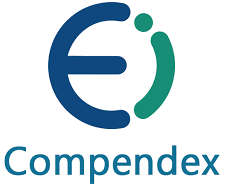LPSST: Improved Transformer Based Drainage Pipeline Defect Recognition Algorithm
Abstract
The health status of underground drainage pipelines affects the normal operation of urban drainage systems, but the current mainstream drainage pipeline defect recognition methods have the problems of poor recognition for small samples and fine-grained target defects, as well as low model generalization. Therefore, this paper proposes an improved semi-supervised transformer network based on local region proposal for drainage pipeline defect recognition (LPSST). The algorithm uses the hierarchical Swin Transformer as the backbone network, and adds a local region proposal module to the shallow network to fully pay attention to local features. Finally, a semi-supervised learning framework is used for intensive training to enhance model generalization. We studied the recognition performance of the algorithm in self-made drainage pipeline defect dataset. Compared with other mainstream algorithms such as Resnet and Efficentnet, LPSST has a recognition accuracy of 92.65% for 4 similar defects such as mismatch and deformation, exceeding 17.25% of the original backbone network. The algorithm verifies the applicability of Transformer architecture for the task of drainage pipeline defect recognition, and investigates the positive impact of semi-supervised learning on deep model training.



